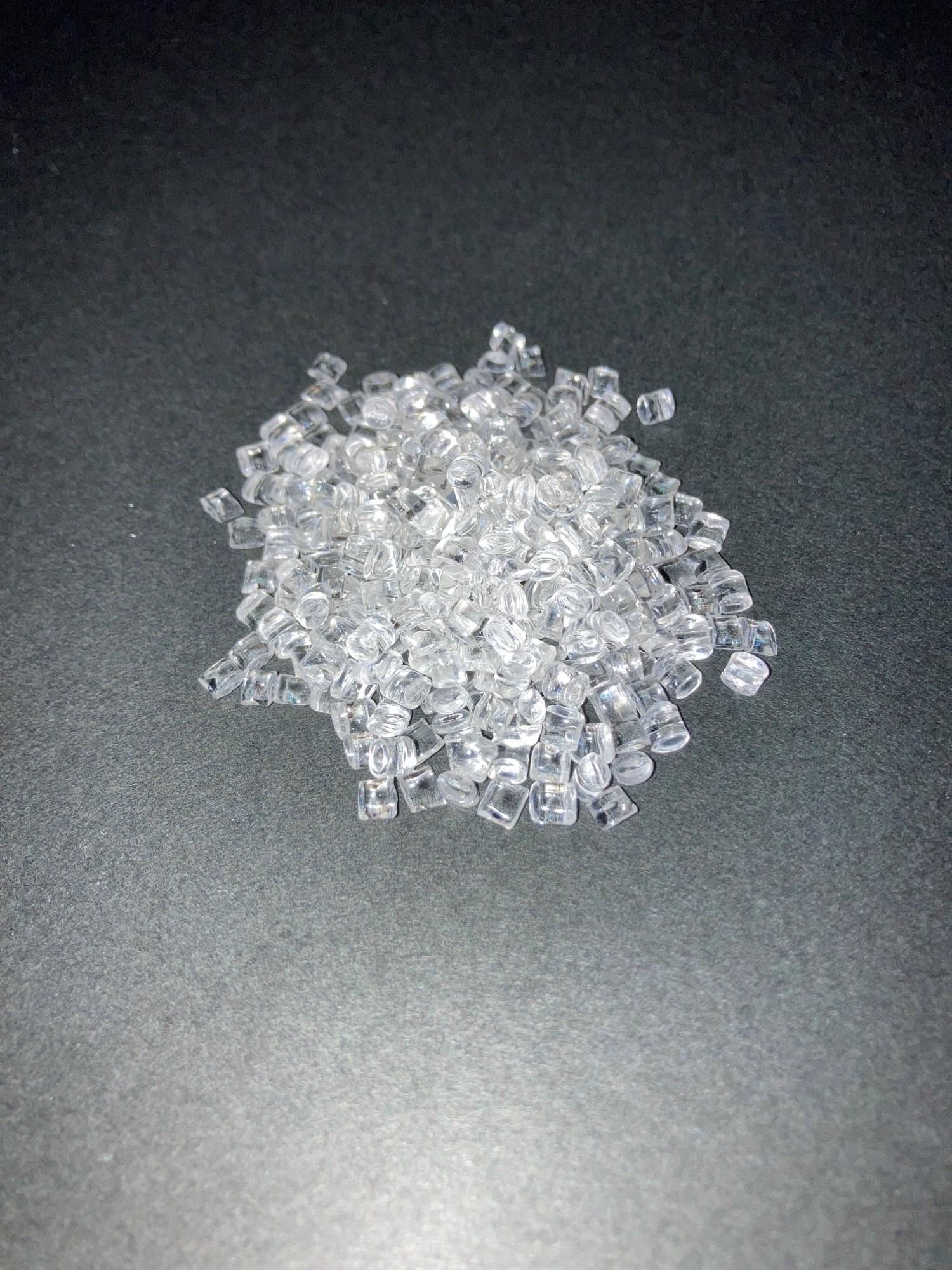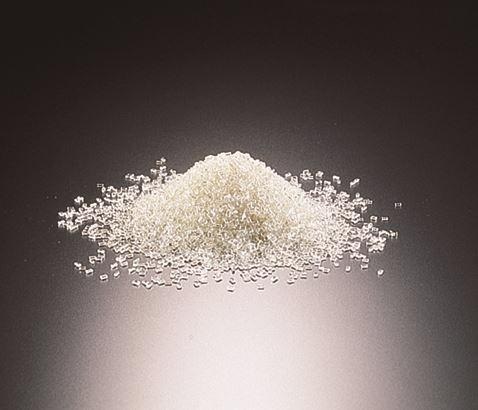Teijin Frontier Co., Ltd., the Teijin Group's fibers and products converting company, announced today that it has developed a recycling technology using a new depolymerization catalyst to recycle colored polyester fibers without losing the quality of polyester fibers made from petroleum-derived raw materials. The new technology also lowers environmental load compared to conventional recycling.
 Recycled polyester material by new method. Image Credit: Teijin Limited
Recycled polyester material by new method. Image Credit: Teijin Limited
The technology produces recycled materials equivalent to petroleum-derived polyester raw materials. Using a new depolymerization catalyst for the conventional bis (2-hydroxyethyl) terephthalate (BHET) method, spent polyester is chemically decomposed and purified back into BHET intermediate raw material before being repolymerized into polyester. The production process is simpler than using dimethyl terephthalate (DMT) and ethylene glycol in a transesterification reaction, so recycling is achieved with less energy consumption. Also, the new technology reuses resources such as wastewater, waste liquid and depolymerization catalysts.
Teijin Frontier will launch a pilot facility at its Matsuyama Plant this month and proceed with verification tests. It also will continue developing recycling technologies to improve the quality of recycled polyester raw materials and reduce environmental load. Aiming to realize a sustainable value chain for a circular economy, Teijin Frontier is working to establish a mechanism for sustainable fiber-to-fiber recycling of polyester in cooperation with partner companies and consortiums both in Japan and global.
Compared to material recycling, which melts and molds used products including polyethylene terephthalate (PET) bottles, DMT-based chemical recycling results in less deterioration of quality due to recycling, but its energy consumption is high. The BHET method is often used when recycling from colorless and transparent PET bottles as new PET bottles, and also its energy consumption is lower compared to the DMT method, but there were difficulties in producing high-quality recycled polyester raw material because foreign substances, such as dyes used for colored polyester fibers, could not be completely removed, resulting in discolored recycled raw material.

Recycled polyester material by DMT method. Image Credit: Teijin Limited
Teijin Frontier, guided by its THINK ECO® environmental initiative, is striving to improve its environmental value, including through eco-friendly plant management and the development of greener materials and products for applications ranging from clothing to industrial materials.